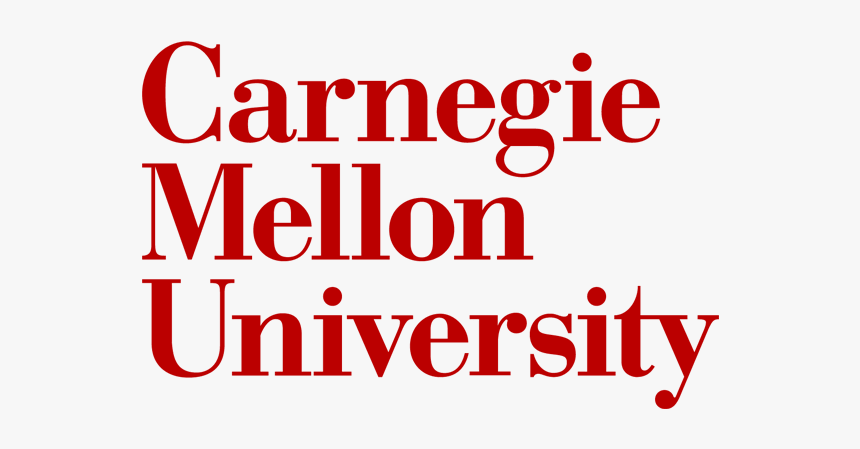Carnegie Mellon University: CMU-Q Summer Program Teaches Coding to Youth Around the World
Students around the world learned to code this summer through Code in Alice, a new program for pre-college students offered through Carnegie Mellon University in Qatar (CMU-Q). Code in Alice is the latest offering from the Hamad Bin Jassim Center for K-12 Computer Science Education, a collaboration between CMU-Q and the Jassim and Hamad Bin Jassim Charitable Foundation.
CMU-Q is a Qatar Foundation partner university.
The online program brought together volunteer teachers and students from a total of 25 countries on five continents. During the month-long course, nearly 200 students aged 13 to 18 learned basic programming skills using CMU’s Alice educational software. More than three-quarters of the students live in Qatar.
Michael Trick, dean of CMU-Q, noted: “I find it inspiring that for one month this summer, students and volunteer teachers from around the world came together to explore the creative possibilities of computing. I sincerely hope that Code in Alice has sparked a newfound curiosity in the students to learn more about computer science.”
The original Alice software was developed at Carnegie Mellon’s main campus to help children learn the basic concepts of computing. Through a grant to CMU-Q from the Qatar National Research Fund (QNRF), a team of researchers localized Alice to the Middle East context, creating a curriculum in Arabic and English, and developing teaching resources. The Qatar Ministry of Education and Higher Education has incorporated Alice Middle East into the curriculum for government schools.
Saquib Razak is an associate teaching professor of computer science at CMU-Q, and one of the co-directors of the HBJ Center. He believes that teachers are the key to engaging students, both in person and online.
“With the Ministry of Education, we work very closely with teachers so they can use Alice effectively in the classroom,” Razak said. “Likewise, we knew that for Code in Alice, the volunteer teachers would be essential for the students to learn and explore.”
The team recruited volunteer teachers and teaching assistants from all over the world, matching them with groups of students in complementary time zones. During the month, they taught computer science concepts, game development and animation using Alice.
Muhammad Zain Yousuf taught the program from his home in Pakistan.
“Code in Alice equips students with essential skills required in today’s world, while promoting the spirit of cosmopolitanism by bringing students and teachers from different parts of the world onto a single platform,” he said.
The program also included videos, an online discussion forum and an opportunity to create a final project. Students reported that Code in Alice was a positive learning experience and helped solidify their knowledge of programming.
The HBJ Center plans to offer Code in Alice again next summer.

